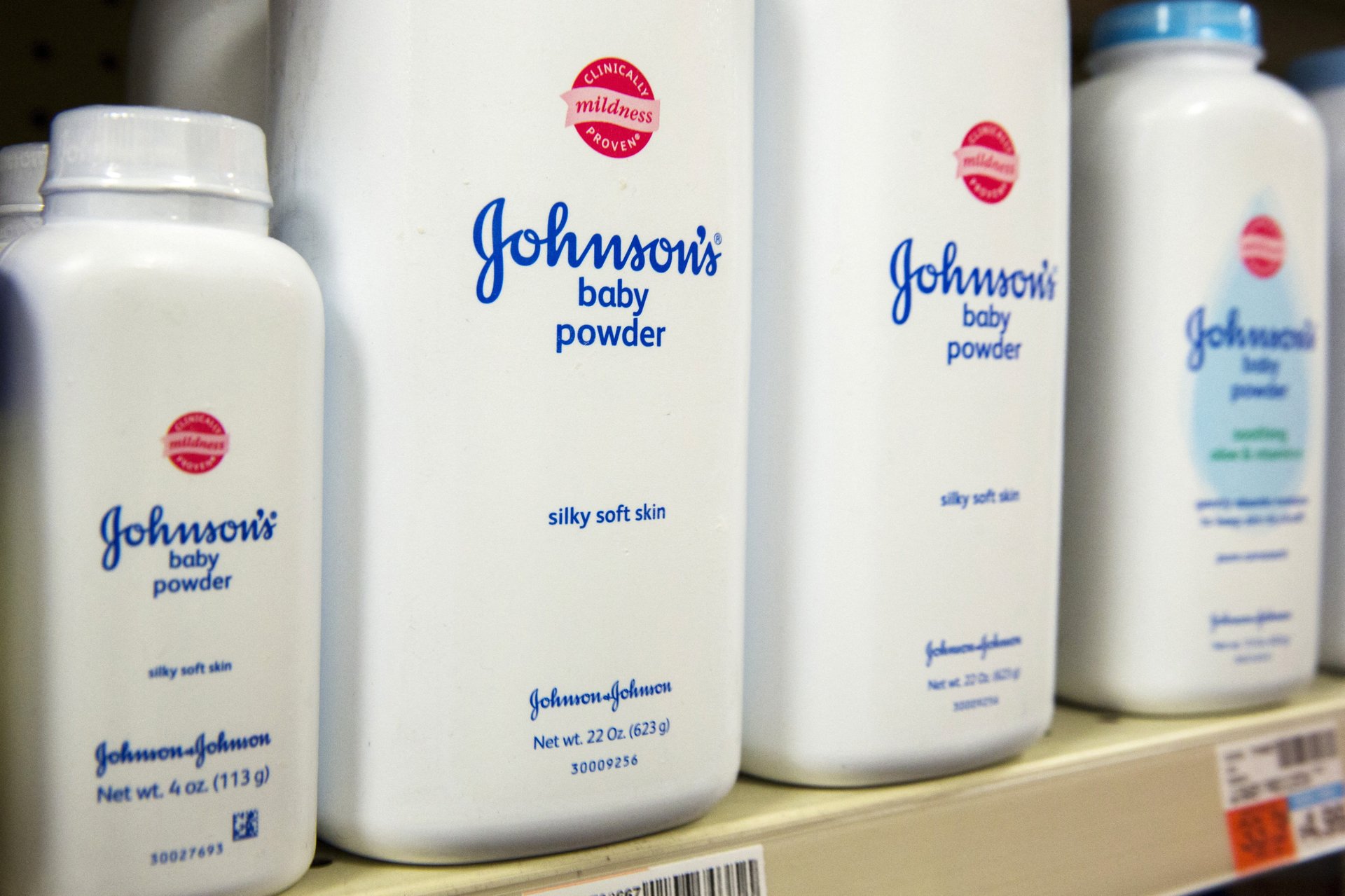Johnson & Johnson wants to pay $6.5 billion to settle its talc ovarian cancer lawsuits
The company maintains that its talc products don't cause cancer

Johnson & Johnson announced Wednesday that it plans to pay nearly $6.5 billion over 25 years to settle all pending and future U.S. lawsuits alleging that its baby powder and other talc-based products caused ovarian cancer.
Suggested Reading
This is the company’s third attempt to settle the lawsuits via a bankruptcy filing — in which claimants become creditors — of its subsidiary LTL Management.
Related Content
Johnson & Johnson Worldwide Vice President of Litigation Erik Haas said in a press release that the healthcare giant has “worked with counsel representing the overwhelming majority of talc claimants to bring this litigation to a close, which we expect to do through this plan.”
The company’s stock rose over 3% to about $149 during Wednesday morning trading, following the company’s announcement of the plan.
Claimants now have three months to vote to approve or reject the plan. The plan would need to get 75% of claimants to agree to it before a bankruptcy judge can approve it.
Johsnson & Johnson said that the ovarian lawsuits that would be settled with this plan account for 99.75% of all its pending talc lawsuits. The remaining personal injury cases are related to claims that the company’s talc products caused mesothelioma and will be resolved outside of this plan. The company said 95% of this cases have already been resolved.
State consumer protection lawsuits are also not covered by this plan.
The company said it recorded a $2.7 billion charge in the first quarter of 2024 to account for all these settlements. In total, the company has reserved a total of $11 billion for these claims.
Despite this, the company still maintains that the talc does not cause cancer and that the claims have no merit.